Cape Verdean musical educators


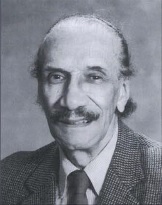

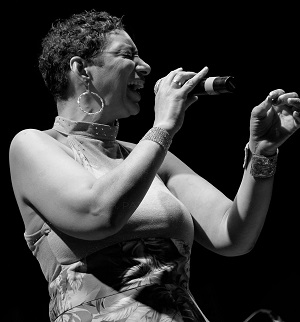

Even though Cape Verdean music is majority produced in part by self-taught musicians, or whose learning was based on informal playing with family and friends, having as teachers or role models, parents, uncles, siblings or friends. It is not true, how sometimes is said, that music teaching is recent in Cape Verde.
The archives referring to the 19th century show that at that time several music teachers offered their services, through newspaper advertisements (usually in the Boletim Oficial, when other publications did not exist). Among other subjects, music was part of the youth wealthy class education, that were able to pay for lessons.
On the other side, the Catholic Church was also a space of music teaching and references from that time show how important the Seminar-Liceu Sao Nicolau was in that domain. In an advertisement, among other from the late 19th century, it is possible to read that besides “singing lessons and rites, required to students pursuing an ecclesiastical career, there will be a music class on those same days, at a different time, optional for the internal and external students, costing 3$000 reis”. (Boletim Oficial, 19.08.1899).
The poet Jose Lopes (1872-1962), born in Sao Nicolau is one of many students of the Seminar-liceu that became a prominent figure in the Cape Verden literary society, who has probably learned music in those classes. In his 80’s he recalls a family moment during his youth that resulted in the musical teaching at the secondary school.
“Certain nights me and my two older brothers, Joao and Eduardo, the first playing the violin and the second the flute, we would play a concert at our father’s house in Vila da Ribeira Brava. I used to accompany them sometimes on the piano, others on the organ. Missing those social gatherings, whose echoes remain in the hearts and ears of those who lived it (…).
Jose Lopes in “A palavra ‘morna’”, Cabo Verde – Boletim de Propaganda e Informacao (February 1954).
Long before this, refer to the famous statement from Priest Antonio Vieira when praised the clergy that he met in Ribeira Grande, while stopping by Cape Verde in a trip between Portugal and Brazil.
“(…) clerics and canons as black as jet (gemstone); but so composed, so authorized, so wise, so great musicians, so discreet and well brought up, that can make those we see in our Cathedrals jealous.”
Priest Antonio Vieira in “Carta ao Padre Andre Fernandes” dated from December 25th, 1652. Portugal em Africa: Revista de Cultura Missionaria, 1946.
The music bands, municipals or from military corporations, from the police department or fire department were also music schools, since it was with their regents that the beginner’s musicians started learning solfège and practicing an instrument.
In a report from the 1880’s signed by the Sao Vicente mayor, Joaquim Vieira Botelho da Costa, this refers that the band’s regent from the first years of the decade in Mindelo was subsidized by Town Hall and had an obligation to teach (Boletim Oficial, separata, 22.12.1883).
Until this day stays the same, the regents also end up being music teachers, as it is possible to see in the following links: Banda Municipal de São Vicente, Banda Municipal da Praia, Banda Municipal do Sal, Banda Municipal de São Domingos, Banda das Forças Armadas.
Present
In recent years, access to music courses in Conservatories and University level became more frequent among Cape Verdeans. Most of those who participate in those courses become music teachers.
In this section we intended to highlight all the educators who contributed and continue to contribute to the training of those who create and perform, on stage, on backstage or in the studio, Cape Verdean music in all its genres. Or music in general. Being them in schools, bands, universities or their homes, around their pupils. Or also on stage, because most people balance their artistic career with teaching.
Follow the links to find more about the Cape Verdean educators’ profiles in the musical field:
Alcides Lopes, Ano Nobo, Candida Rose, Carlos Matos, Djick Oliveira, Carlos Modesto, Fátima Santiago-Benjamin, Henry Santos, Humberto Ramos, Jackie Santos, Jeanne Oliver-Foster, Nho Reis, Lúcia Cardoso, Luís Morais, Margarida Brito Martins, Orlando Pantera, Pedro Moreno, Pipita Bettencourt, Porfírio Pereira Tavares, Tey Santos, Tó Tavares, Vamar Martins, Young Boboi, Zeca Couto.



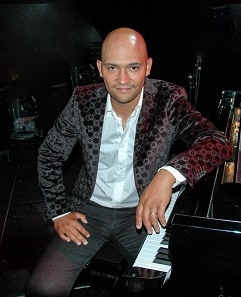
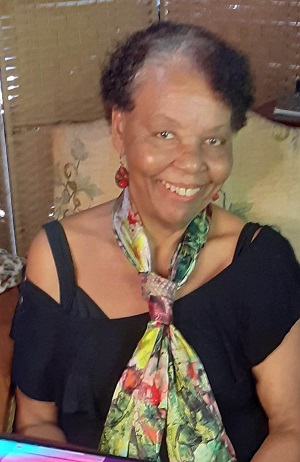
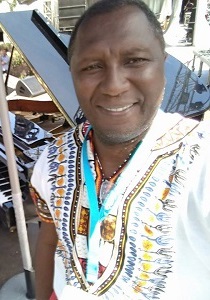
References:
Músicas e danças europeias do século XIX em Cabo Verde. Percurso de uma Apropriação (PhD thesis), Gláucia Nogueira, 2020.
Boletim de Propaganda e Informação.
Boletim Oficial do Governo da Província de Cabo Verde.
Portugal em África: Revista de Cultura Missionária.
This page is

We will be adding more names to it over time.